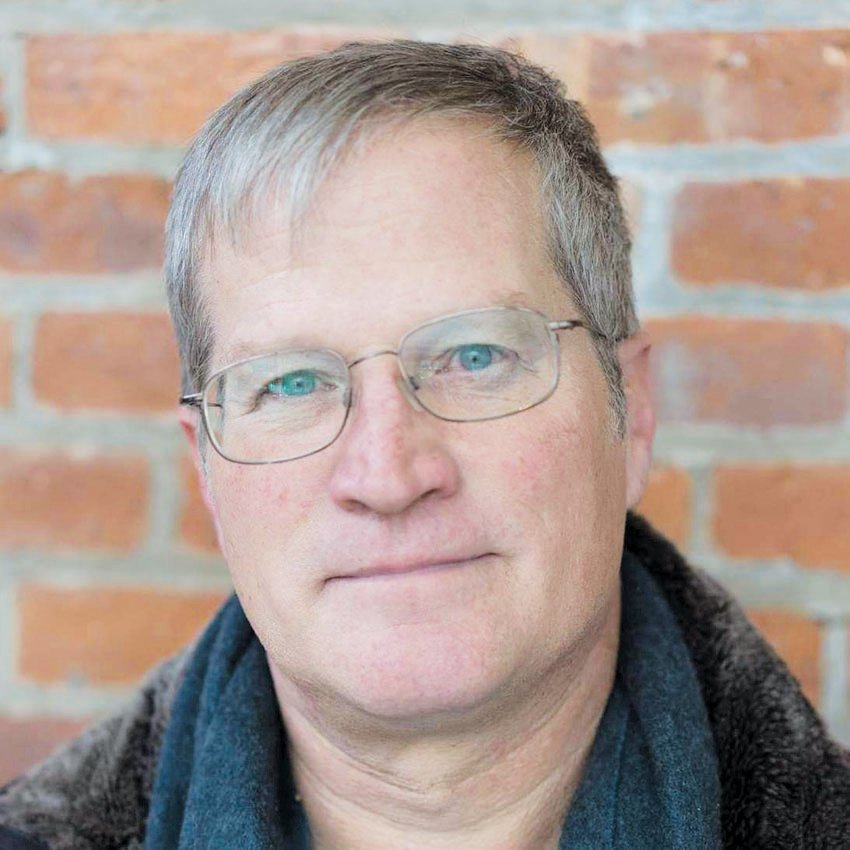Dante
"The Libido for the Ugly"
C-SPAN: Great intro piece. Haven't had time yet to view and listen to the whole thing. So why am I posting this now?
Because what caught my attention most, is the intro. I've been a serious student of British colonials in North America.
Christopher DeMuth He mentions Levi Preston.
"When Ronald Reagan took office in 1981, DeMuth joined the Reagan administration as administrator for information and regulatory affairs at the Office of Management and Budget and executive director of the Presidential Task Force on Regulatory Relief. He was known as Reagan's 'deregulation czar."'"
I have a link to a fuller context of what is being referred to:
Reflecting on the Revolution
Posted Wednesday, July 7, 2021

 chathamnewsrecord.com
chathamnewsrecord.com
By Dwayne Walls Jr., Columnist
On this past Sunday we celebrated our 245th year of independence from British kings. In the spirit of the day I would like to share some words from a man who was there at the start of the fight.
Sixty-seven years after Lexington and Concord, 91-year-old Levi Preston, who was from Danvers, Massachusetts, and who had been a Minute Man, was interviewed by a young Dartmouth student named Mellen Chamberlain about the so-called English oppressions that had caused the war. By the time of Chamberlain’s interview in 1842, Preston had come to be regarded as an historical oddity and living relic of the past.
“Captain Preston,” asked Chamberlain, “why did you go to the Concord Fight, the 19th of April, 1775?”
“Why did I go?”
“Yes, my histories tell me that you men of the Revolution took up arms against ‘intolerable oppressions.’ What were they?”
“I didn’t feel them.”
“What, were you not oppressed by the Stamp Act?”
“I never saw one of those stamps, and always understood Governor Bernard put them all in Castle William [in the harbor]. I am certain I never paid a penny for one of them.”
“Well then, what about the Tea Tax?”
“Tea Tax! I never drank a cup of the stuff; the boys threw it all overboard.”
“Then I suppose you were reading Sydney and Locke about the eternal principles of liberty?”
“Never heard of ‘em. We read only the Bible, the Catechism, Watt’s Psalms and Hymns and the Almanac.”
“Well, then, what was the matter? And what did you mean in going to fight?”
“Young man,” said Preston, “What we meant in going for those Redcoats was this: we always had governed ourselves, and we always meant to govern ourselves. They didn’t mean we should.”
Here we see the cause of the American Revolution laid bare. Strip away the lustrous veneer of 18th Century notions like Rationalism and Enlightenment and we see once again that “all politics is local,” to quote the former Speaker of the House, Thomas “Tip” O’Neil.
Because what caught my attention most, is the intro. I've been a serious student of British colonials in North America.
Christopher DeMuth He mentions Levi Preston.
"When Ronald Reagan took office in 1981, DeMuth joined the Reagan administration as administrator for information and regulatory affairs at the Office of Management and Budget and executive director of the Presidential Task Force on Regulatory Relief. He was known as Reagan's 'deregulation czar."'"
I have a link to a fuller context of what is being referred to:
Reflecting on the Revolution
Posted Wednesday, July 7, 2021

Reflecting on the Revolution - The Chatham News + Record
On this past Sunday we celebrated our 245th year of independence from British kings. In the spirit of the day I would like to share some words from a man who was there at the start of the …
By Dwayne Walls Jr., Columnist
On this past Sunday we celebrated our 245th year of independence from British kings. In the spirit of the day I would like to share some words from a man who was there at the start of the fight.
Sixty-seven years after Lexington and Concord, 91-year-old Levi Preston, who was from Danvers, Massachusetts, and who had been a Minute Man, was interviewed by a young Dartmouth student named Mellen Chamberlain about the so-called English oppressions that had caused the war. By the time of Chamberlain’s interview in 1842, Preston had come to be regarded as an historical oddity and living relic of the past.
“Captain Preston,” asked Chamberlain, “why did you go to the Concord Fight, the 19th of April, 1775?”
“Why did I go?”
“Yes, my histories tell me that you men of the Revolution took up arms against ‘intolerable oppressions.’ What were they?”
“I didn’t feel them.”
“What, were you not oppressed by the Stamp Act?”
“I never saw one of those stamps, and always understood Governor Bernard put them all in Castle William [in the harbor]. I am certain I never paid a penny for one of them.”
“Well then, what about the Tea Tax?”
“Tea Tax! I never drank a cup of the stuff; the boys threw it all overboard.”
“Then I suppose you were reading Sydney and Locke about the eternal principles of liberty?”
“Never heard of ‘em. We read only the Bible, the Catechism, Watt’s Psalms and Hymns and the Almanac.”
“Well, then, what was the matter? And what did you mean in going to fight?”
“Young man,” said Preston, “What we meant in going for those Redcoats was this: we always had governed ourselves, and we always meant to govern ourselves. They didn’t mean we should.”
Here we see the cause of the American Revolution laid bare. Strip away the lustrous veneer of 18th Century notions like Rationalism and Enlightenment and we see once again that “all politics is local,” to quote the former Speaker of the House, Thomas “Tip” O’Neil.


